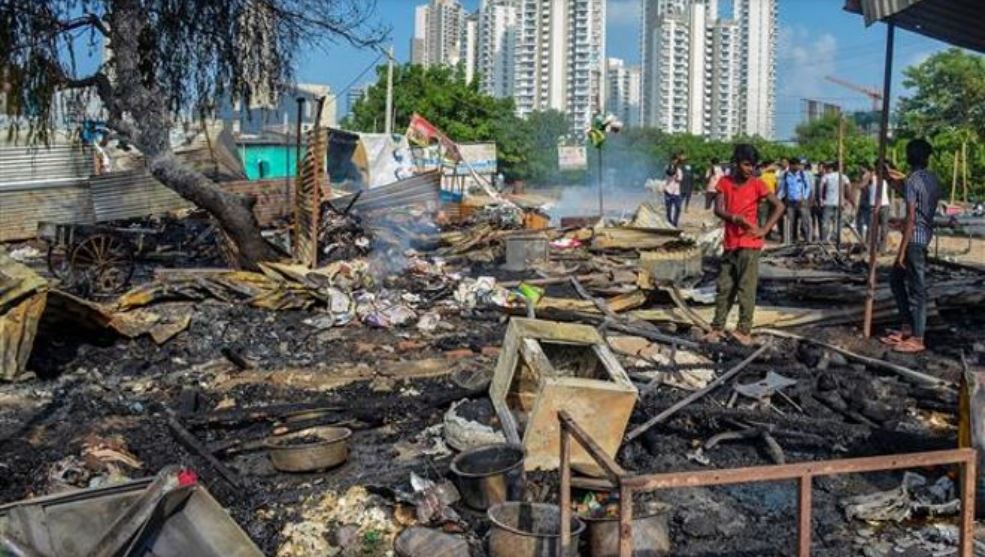Numerous villages across the state of Haryana have reportedly taken a controversial stance by issuing letters to Muslim traders, calling for them to submit identity documents to local authorities. This move comes in the wake of a series of clashes that erupted in the Nuh district on July 31, coupled with recent communal tensions in the region. Over 50 panchayats, or local governing bodies, have been involved in this decision, with the leaders of 14 panchayats formally signing and endorsing the letters.
The letters, which have sparked significant debate and concern, are seen by some as an attempt to ensure local tranquility and prevent any potential escalation of communal discord. The proponents argue that by restricting outside entry and verifying the identities of traders, they are taking necessary precautions to maintain peace within their communities.
However, this action has not been without its share of criticism and controversy. While some of these villages have relatively few Muslim residents, others have been home to Muslim families for generations, making the situation more complex. Critics argue that such a broad and sweeping decision unfairly targets an entire religious community and risks perpetuating stereotypes and biases.

The Sub-Divisional Magistrate (SDM) of Narnaul, the administrative authority responsible for overseeing these areas, has not yet officially received the letters from the panchayats. In response to this situation, the SDM is considering issuing show-cause notices to the concerned panchayats, seeking an explanation for their actions. Legal experts are also closely examining the matter to ensure that the actions taken by the panchayats are in line with the principles of fairness, equality, and constitutional rights.
One particular village, Saidpur, initially issued a letter restricting Muslim traders from entry due to fears stemming from the Nuh clashes and recent theft incidents. However, after seeking legal advice and guidance, the Sarpanch (village head) of Saidpur decided to retract the letter, acknowledging the need to balance security concerns with the principles of inclusivity and non-discrimination.
The situation has ignited a broader conversation about the delicate balance between security measures and safeguarding the rights and dignity of every individual, regardless of their religious or ethnic background. It serves as a reminder of the challenges that local communities, authorities, and legal experts often grapple with in the pursuit of maintaining harmony and justice in a diverse and complex society.



